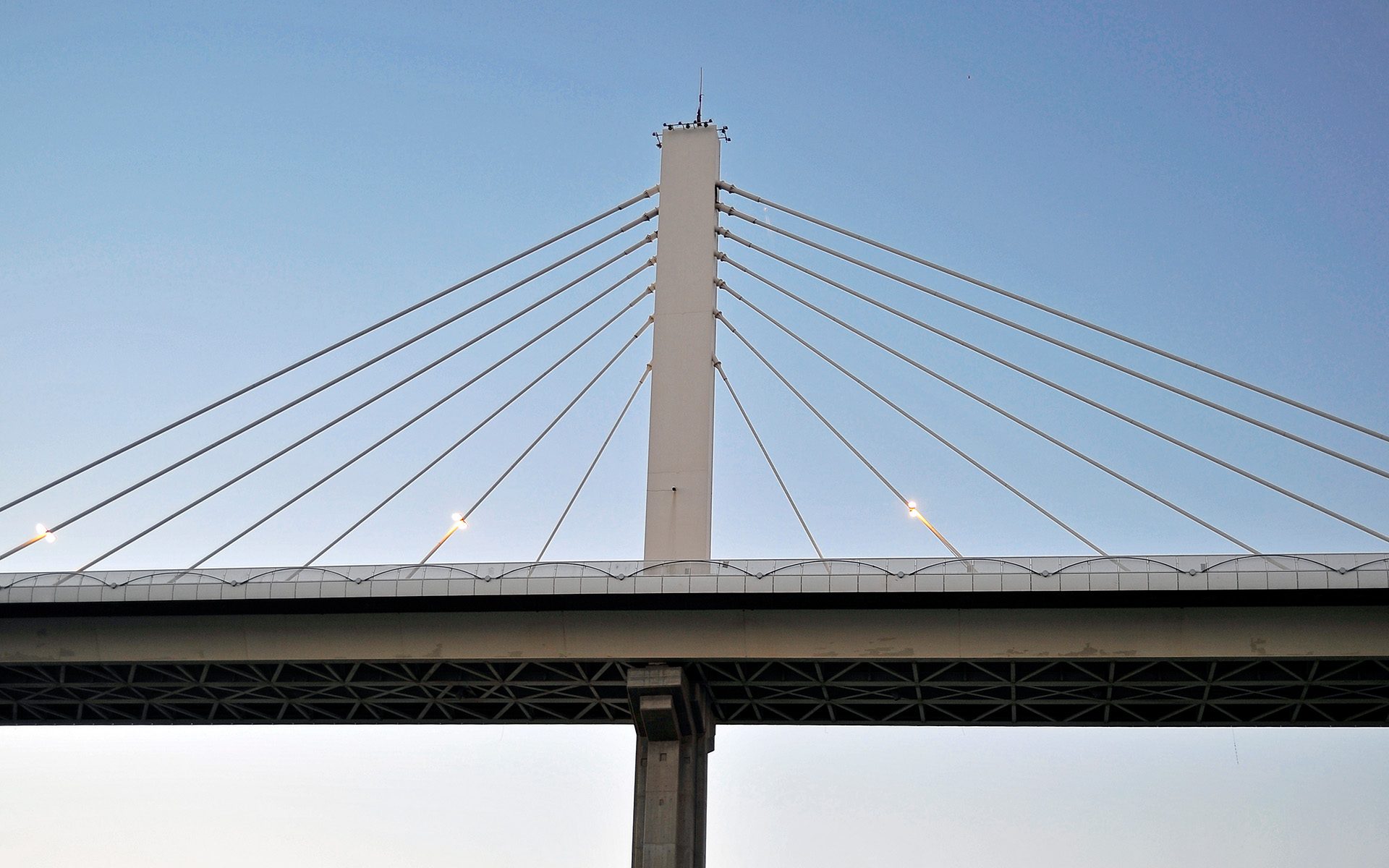A city rich with history, Basra’s water scarcity and heat risks make it among the most climate-vulnerable cities on our list.
City Class Score
| Commercial Hubs | |
| Export Champions | |
| Mobility Connectors | |
| Climate Resilient |
Corporate HQs, MNC presence, branded outlets, hotels, manufacturing, start-up ecosystem,
transport linkages, population, and income.
Go to the class information
Manufacturing, industrial parks, export share and share change by category, air and port
infrastructure, freight time to market, trade agreements, and expert interviews.
Go to the class information
Passenger traffic, flight connectivity, air-cargo flights, port infrastructure, container
ship sailings, and major road networks.
Go to the class information
Coastal and river flooding, extreme rain, extreme heat and humidity, cyclones, and water
scarcity.
Go to the class information
Located at the confluence of the Tigris and Euphrates rivers, Basra was part of
ancient Sumer and has long been a historical trade port. The Basra Museum, housed in a former
presidential palace, showcases a vast collection of Iraq’s rich heritage, from a Babylonian marker
stone to a display of coins from ancient Parthia encompassing modern day Iran and environs. The
city’s corniche meanwhile provides a picturesque setting for leisurely strolls along the Shatt al
Arab River and boat rides, especially at dusk when hot days end with beautiful sunsets. However, the
river also provides some of the city’s biggest challenges, as Basra is on the frontlines of the
world’s climate crisis, grappling with both water and heat risks.
These risks are not
unique to a region where temperatures routinely soar above 40 degrees Celsius during the summer and
renewable freshwater sources are well below global averages. The United Nations cites Iraq as one of
the world’s top five countries most exposed to climate change, with Basra ranking especially high
compared with Iraq’s northwestern regions. The city’s nearby historic marshlands have shrunk from
nearly 20,000 square kilometers in the 1990s to around 4,000 square kilometers in recent years, and
water scarcity will not only constrain Basra’s economic opportunities but also pose a threat to the
city’s marshland communities and their rich cultural heritage.
Upstream dams on the Tigris
and Euphrates rivers in Turkey have reduced the city’s water flow by 30% since the 1980s, and the
flow is expected to decline further in the coming years — a significant challenge for Basra, given
that the city relies on these rivers for 90% of its freshwater needs. The reduction in flows and
decline in rainfall have, in turn, led to saltwater intrusion into the Shatt al Arab River Delta,
harming the livelihoods of the region’s farming communities. The city’s low elevation also makes it
particularly vulnerable to the effects of rising sea levels.
Basra’s heat risk, already
high, is expected to worsen. Combined with this coastal city’s high humidity, these conditions make
summers especially dangerous, leading to a range of health issues. The city is oil-rich but has also
attracted a large migrant population, many of whom are unable to afford sufficient protection from
the heat during the summer months. More investments in heat resilience measures, including education
and cooling centers, will be essential.

